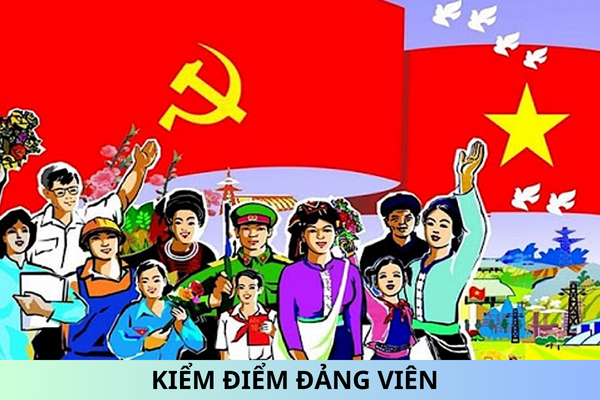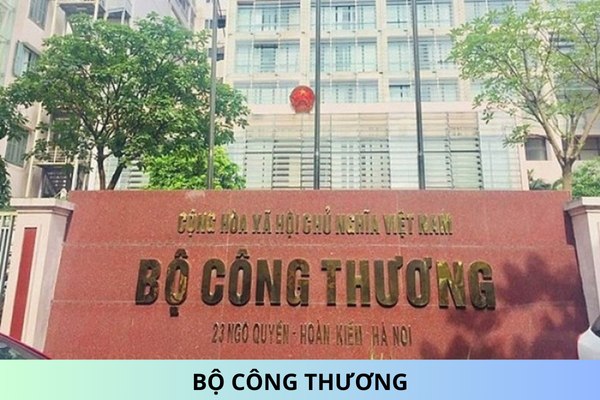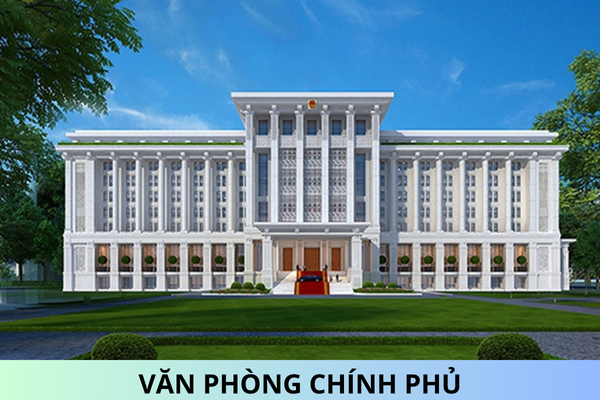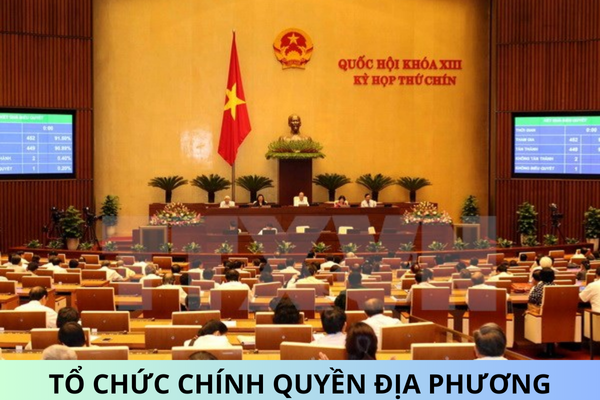When do members of Vietnam Communist Party have to submit the year-end self-assessment report in 2024?
When do members of Vietnam Communist Party have to submit the year-end self-assessment report in 2024?
Pursuant to Article 14 of Regulation 124-QD/TW in 2023 stipulating the responsibility for leadership, direction, and organization of implementation:
Article 14. Responsibility for leadership, direction, organization of implementation
- Party committees, party organizations, and heads are responsible for comprehensive leadership, direction, and organization of implementation; based on the regulations of the Politburo to specify the content of the self-assessment, evaluation criteria, and classification for each collective or individual under management suitable to the characteristics and situation of the localities, agencies, or units.
- The timing for conducting the annual evaluation and classification of the quality of collectives and individuals is to be done at the end of the year and completed before the year-end summary of the organization, agency, or unit. For sectors and fields with specific characteristics, implementation will follow the Central guidelines.
- Emphasis on inspection and supervision; promptly rectify and strictly handle the heads and collectives or individuals who do not conform.
According to the above regulation, the implementation of the self-assessment for Communist Party members at the end of 2024 does not specify an exact timing but stipulates that the self-assessment must be carried out at the end of the year, with the evaluation and classification of the quality of collectives and individuals being conducted at the end of the year and completed before the year-end summary of the organization, agency, or unit.

When do members of Vietnam Communist Party have to submit the year-end self-assessment report in 2024? (Image from the Internet)
What are rights of probationary members of Vietnam Communist Party?
Pursuant to Article 3 of the Charter of the Communist Party of Vietnam 2011:
Article 3
Members have the right to:
- Be informed and discuss issues regarding the Political Platform, Charter, policies, and guidelines of the Communist Party; vote on the Party's work.
- Nominate, be nominated, and vote for the leadership bodies of the Party at all levels according to the regulations of the Central Committee.
- Criticize and question the activities of the Party organization and members at all levels within the organization; report, recommend to the responsible bodies, and request a response.
- Present opinions when the Party organization evaluates, decides on matters, or disciplines them.
Probationary Communist Party members have the above rights, except the right to vote, nominate, and elect the leadership bodies of the Party.
Therefore, probationary members have the following rights:
- Be informed and discuss issues regarding the Political Platform, Charter, policies, and guidelines of the Communist Party; vote on the Party's work.
- Criticize, question the activities of the Party organization and members at all levels within the organization; report, recommend to the responsible bodies and request a response.
- Present opinions when the Party organization evaluates, decides on matters, or disciplines them.
Who has the authority to determine the number of Members of the Central Executive Committee of the Vietnam Communist Party?
Pursuant to Article 12 of the Charter of the Communist Party of Vietnam 2011:
Article 12.
- Standing members must meet standards of political qualities, revolutionary ethics, a healthy lifestyle; strictly adhere to the principles of Party organization and activities, Party discipline, and the laws of the State; have knowledge and the ability to participate in collective leadership, and complete assigned tasks well; unite officials, Party members, and be trusted by the masses.
- The number of Central Committee members is decided by the National Congress of delegates; the number of Party committee members at any level is decided by the congress at that level, following the guidance of the Central Committee. Party committees at all levels need to be renewed, ensuring inheritance and development in each congress.
- The presidium (chairman) guides the election:
- Delegates have the right to review and question the candidates and nominees.
- The election list is discussed and adopted by the congress.
- Election by secret ballot.
- The elected candidate must receive more than half the total number of votes from the delegates convened or the total number of formal Party members of the branch or subcommittee convened.
If the number of candidates receiving more than half of the votes exceeds the required amount, those with higher vote counts are selected; if there are ties in votes at the end of the list with more candidates than needed, a re-election of those tied is held to select those with higher votes, without requiring more than half. If a re-election still results in ties, whether to continue voting is decided by the congress.
If an election does not meet the required number in one round, whether additional elections will be held is decided by the congress.
Therefore, the number of Central Committee members is decided by the National Congress of delegates; the number of Party committee members at any level is decided by the congress at that level, following the guidance of the Central Committee.










